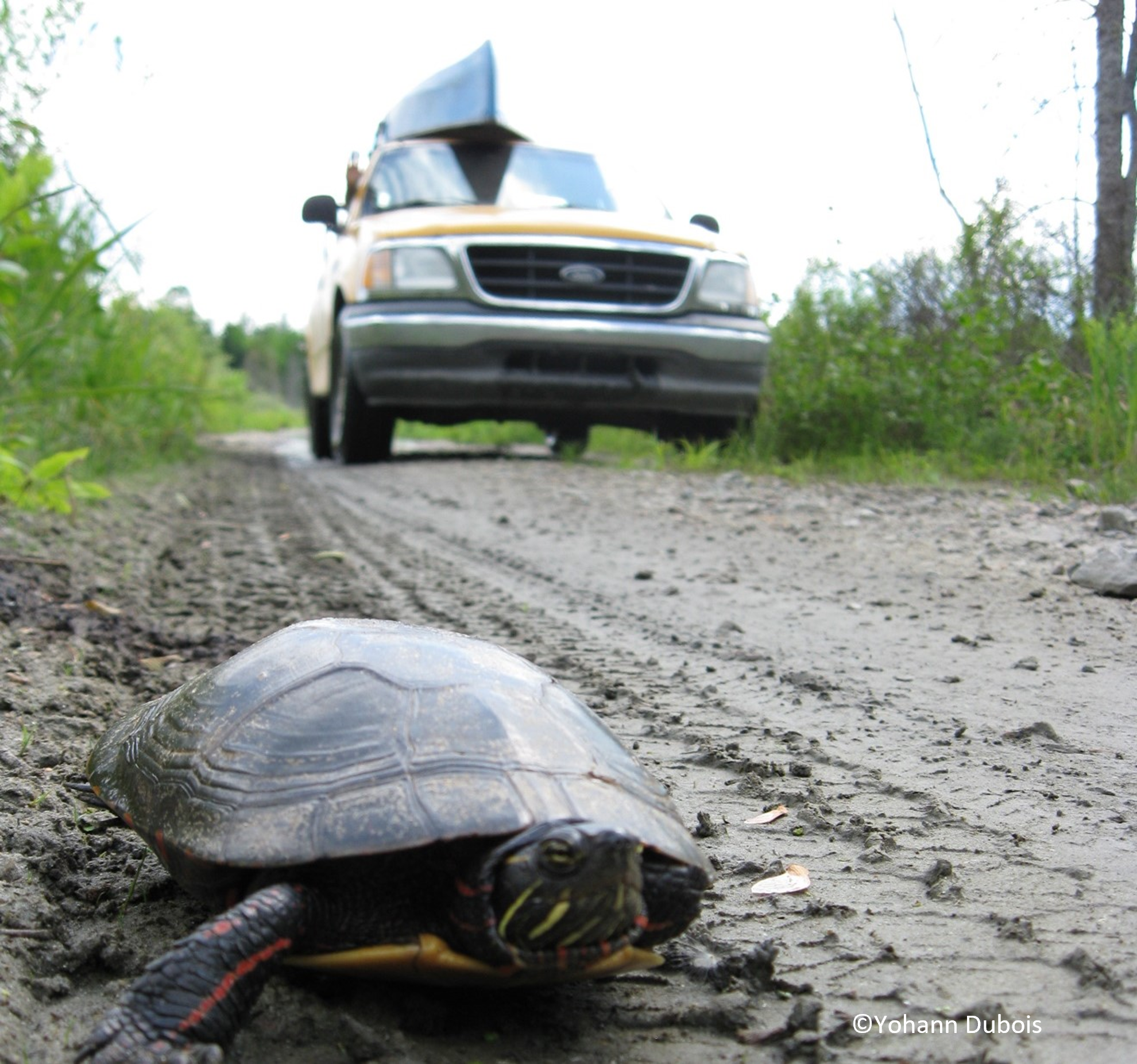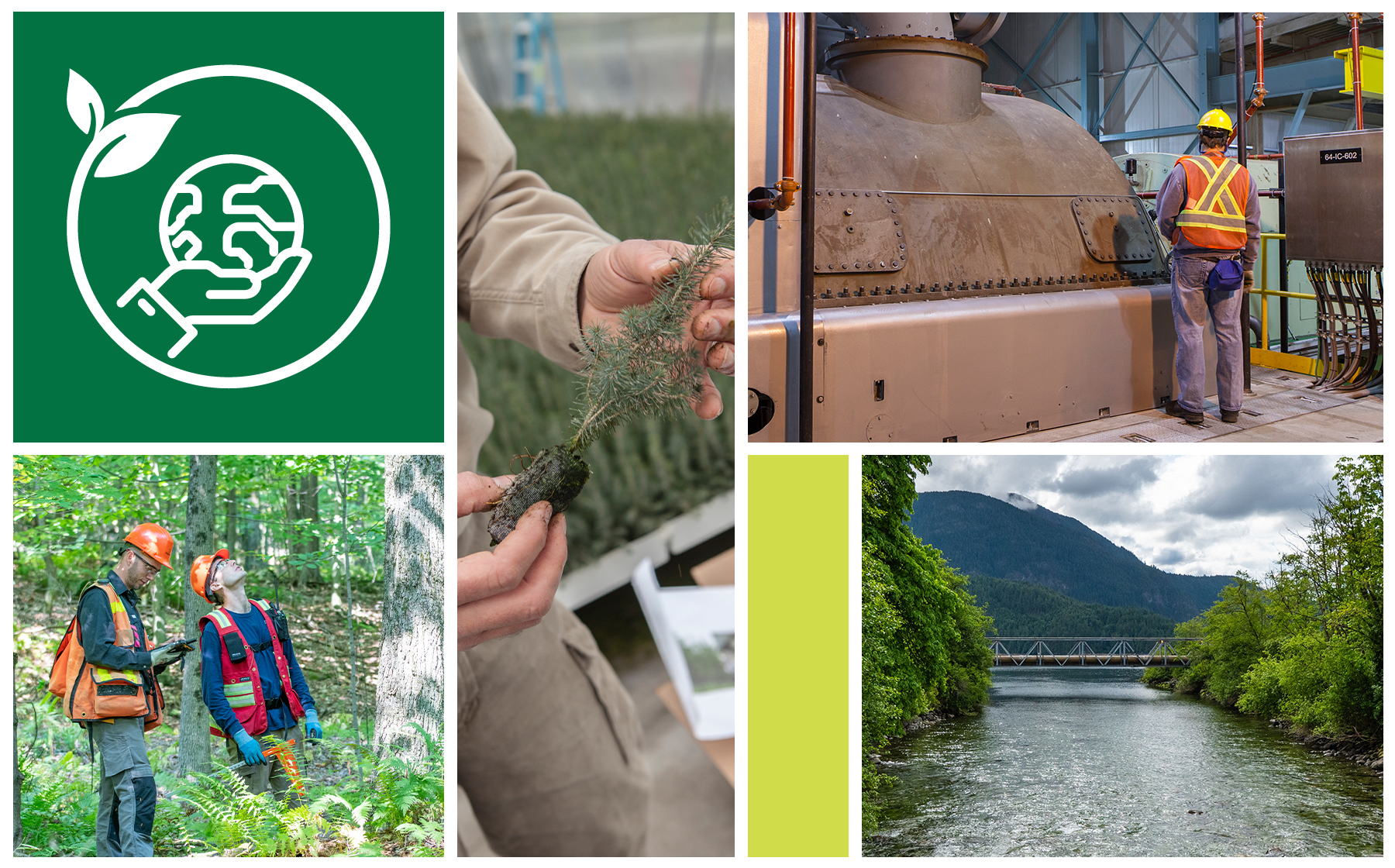Over the last 200 million years, through ice ages and a major extinction event that wiped out the dinosaurs, turtles survived. While their main threat comes from their low egg survival rate and other natural factors, human-induced mortality is also disrupting their life cycle.
The Nature Conservancy of Canada (NCC), through its Carapace Project, suggests that to prevent a decline in populations, more work is needed to protect adult turtles and to reduce the risk of road collisions. In 2021, Resolute committed C$60,000 over four years to support NCC’s Carapace Project and to help educate the public about turtle conservation.
The forests in which we operate contain various concentrations of biodiversity, and turtles are an important part of this ecosystem. They eat plants and insects, scavenge dead fish while also serving as a source of food for predators. Moreover, they occupy several types of habitats through the year, dispersing seeds in their waste.
When they nest, they prefer sand or loose gravel, both of which can be found in abundance along rural roads. According to Carapace, if there is an increase of more than 5% in annual mortality, a long-term population decline of most turtle species is possible. This is where individual action can make a difference.
When driving near wetlands this spring and summer, you may come across a turtle on the road. Be on the lookout especially in June! Female turtles travel more frequently to find a good spot to lay their eggs. You might see them digging on road shoulders made of sand or gravel, a behavior that often costs them their lives. You can slow down or even stop if it’s safe to do so, and alert other drivers of its presence to help them avoid it.

If the turtle is in immediate danger, you can help it cross the road. The Carapace team has a video on how to do this safely. To help Carapace and its partners take action to protect turtles, fill out a turtle sighting form.
Protecting natural habitats with high biodiversity, along with the wildlife that depend on them, is how we uphold the forest values we all respect. Learn more about our approach to Conservation and Biodiversity here and about World Turtle Day on May 23 here.







